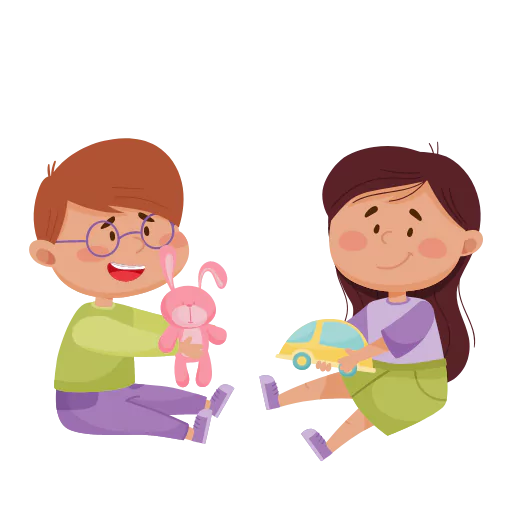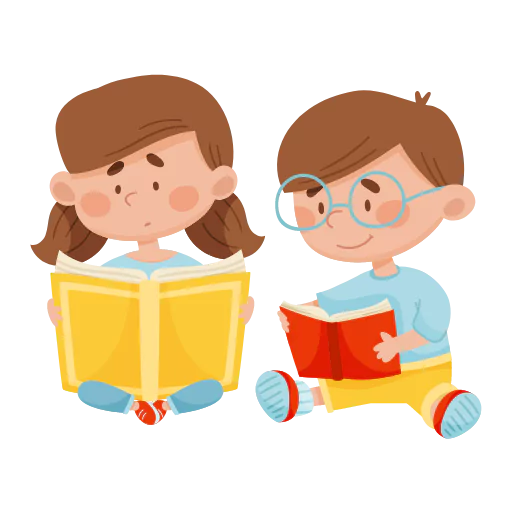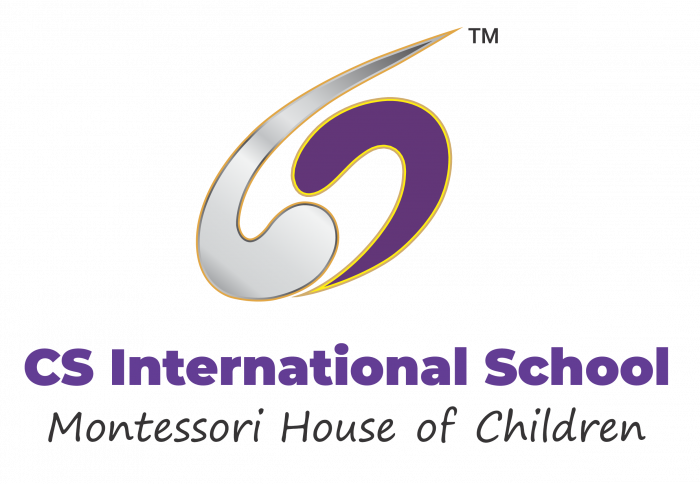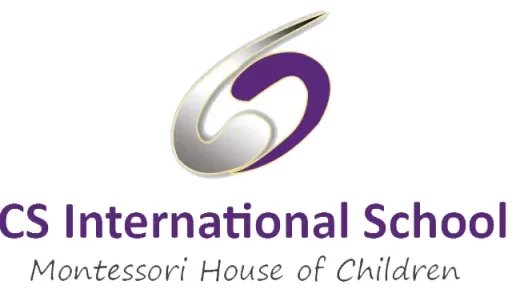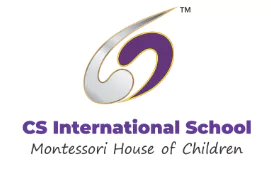Our Curriculum
About Montessori
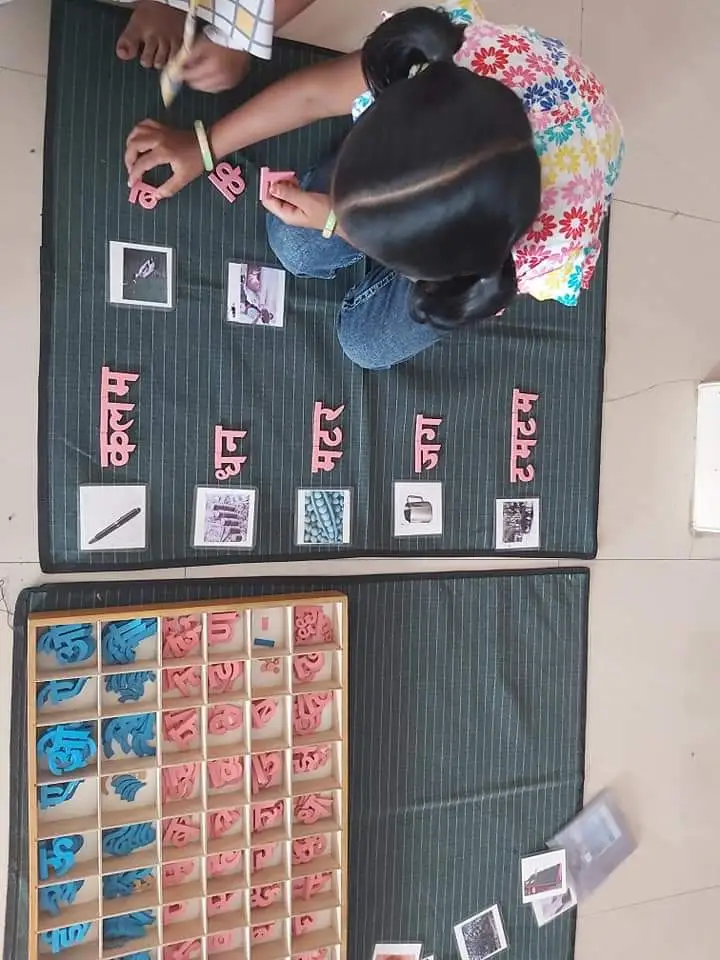
Named after Dr. Maria Montessori – an Italian physician and pioneer in child development who observed that children have a natural, progressive aptitude for acquiring knowledge about their world. Building on this natural progression, Dr. Montessori developed a philosophy which embraces the whole child. She found that by placing children in a specially prepared environment to meet their physical, cognitive and social needs and to satisfy their intrinsic interests, children not only learn but thrive.
At the Montessori school, this philosophy is expressed in classroom where children, ranging in age over a three-year span work individually or in small groups with specially designed Montessori materials and other developmentally appropriate tasks. The ungraded, open-ended curriculum allows students to progress at their own pace in a dynamic, energized, free-flowing classroom where learning is tangible.
The CSIS Method
A Montessori classroom is world specially for children to move about and choose materials from easily accessible shelves.
They work on floor mats or at small tables. One child might paint, as another places beads into groups of ten to perform a multiplication function, and a third child prepares a snack, while the teacher works with a small group forming words using sand paper letters.
The goal of the primary curriculum is to help the child develop mastery of self and environment, self-discipline and social competence. Using methods and materials developed by Dr. Montessori, the teacher provides a sequence of tasks sufficiently challenging and interesting to engage the child. These tasks or exercises are broken down into five areas of learning:
- Exercises of Practical Life deals with the acquisition of co-ordination of movement and practical independence in daily life and social awareness
- Sensorial activities serve as a means of intelligent exploration of the environment and development of consciousness and cognitive development.
- Language activities focus on the development of spoken and written language.
- Arithmetical Activities help in the development of the mathematical mind (four operations in arithmetic within the framework of the decimal systems)
- Cultural Activities Beginning with practical and social skills, children learn to keep track of their belongings, to put things away, to share materials. Academics are introduced through concrete, manipulative materials which utilize all five senses and lay the ground work for abstract thinking. In addition, they are exposed to a variety of cultural experiences such as art, music and drama through field trips, in-house performances and class room presentations.
Our Programs
Our
Programs
